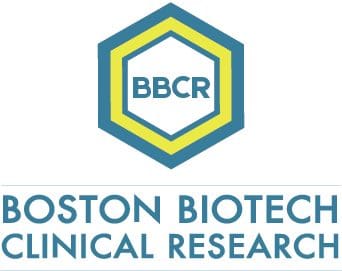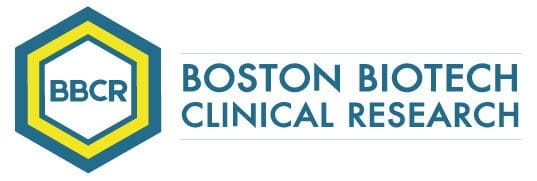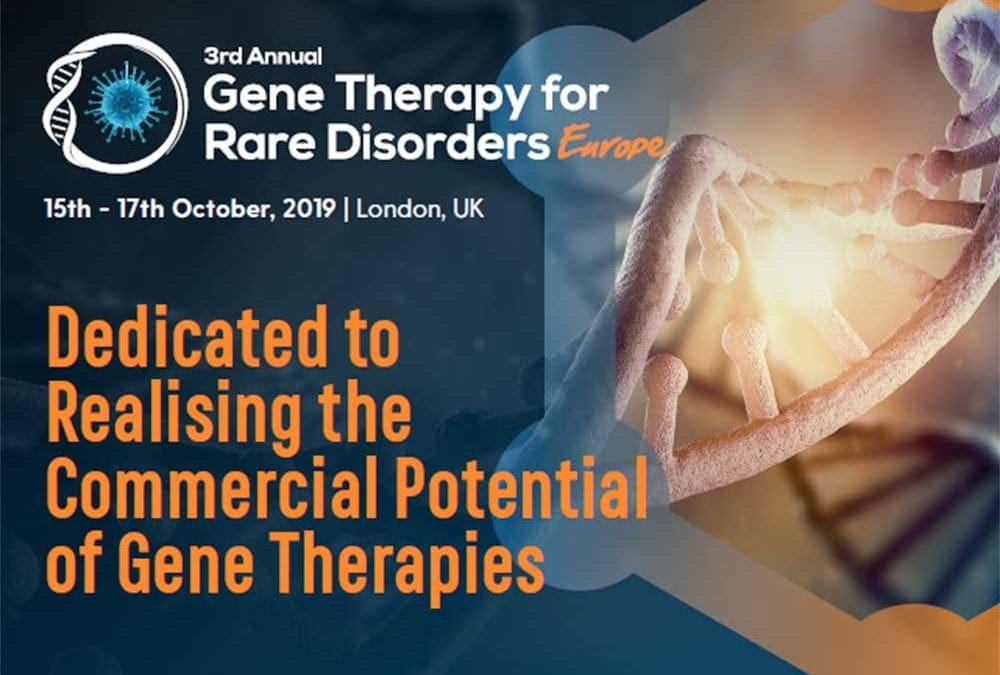BBCR Consulting, for the first time this year, decided to attend the European edition of the Gene Therapies in Rare Disorders conference in London UK.
In our opinion, the event, as promised, proved to be: ”…uniquely focused conference that will bring the leaders in the field together to discuss the critical factors involved in driving commercial success for gene therapies in the complex European landscape.”
In addition, we fully agree with on the attendee comment: “This is one of the best meetings I have ever attended. It was a crash course in everything AAV from manufacturing through clinical applications and commercialization. The quality of the speakers was top notch, networking was very efficient and the organization impeccable.”
Among many all great presentations, we would like to highlight one presentation from day one and one from day two.
On day one, Matthias Hebben PhD, VP of technology development at Logicbio Therapeutics talked about: Key Factors for successful AAV vector manufacturing.
Matthias’s presentation focused on:
- Critical starting materials that can make a difference
- Process parameters affecting product quality
- Improving the yield of downstream processes.
Matthias’s presentation was a great crash course in AAV manufacturing that highlighted critical aspects of the overall process and ultimately indicate as controlling for product quality impact the process yield, and more importantly, has enormous benefit by potentially reducing an immune response to empty or no-working vectors thus impacting both patient safety and product efficacy.
On day two, Pedro Campino, Global Regulatory Lead at CSL Behring talked about: Applicants & Regulators: Engaging in Effective Collaboration & Clear Dialogue.
Pedro’s presentation focused on:
- Contrasting the regulatory environments in Europe and the US – what information is it important to communicate to regulators when working with them on gene therapy programs
- What are the key considerations to take into account when working with Regulators?
- Unique regulatory challenges encountered in gene therapy development, including CMC, safety assessments and long-term follow up.
Pedro reinforced our opinion, at BBCR consulting, that sponsor should not be shy and afraid to openly share the product development plan and objective/s with regulators as soon as possible.
Particularly, working on gene therapy and rare disorders, an early communication with the regulators is instrumental. It is very important to evaluate any program and situation individually to identify the key considerations to take in account working with regulators. Ultimately, many can be challenges in gene therapy and rare disorders development, starting with CMC and lastly, but not the least, safety assessments and long-term safety follow-up.
These are only two of the numerous good presentations at these two days conference. We deeply appreciate these two presentations given the presenters ability to integrate product manufacturing with the impact early product development have on patient safety and therapeutic product performance in clinical studies. The ability to link and connect CMC with clinical benefit added, in our opinion, a special value to these two presentations.

Specializing in rare disease, Boston Biotech Clinical Research works with biotech, pharmaceutical, device companies and investors to streamline the clinical trial process. Our experienced team helps each client reach their specific goals by customizing a clinical and regulatory road map of simplified programs and streamlined protocols to meet our clients’ requirements.

